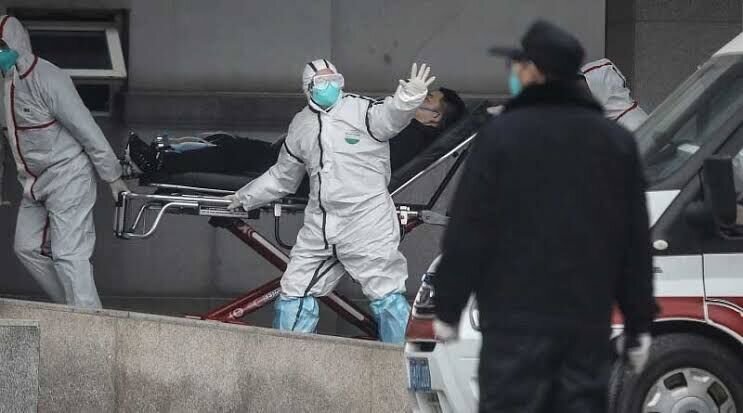WHO sends novel coronavirus test kits to Iran

TEHRAN – Novel coronavirus detection kits have been shipped to Iran in collaboration with the World Health Organization (WHO), Kianoush Jahanpour, head of the Iranian health ministry’s public relations department, has announced.
There are three stages to diagnose coronavirus, Jahanpour said, adding that the last stage is for the novel coronavirus, ISNA reported on Sunday.
Any person suspected of coronavirus infection initially undergoes a standard polymerase chain reaction (PCR), then if the test was positive, the novel coronavirus test will be conducted on the patient, he explained.
Plane dispatched to bring 80 Iranians from China
Jahanpour further stated that an aircraft with quarantine equipment was dispatched to return 80 Iranians from Wuhan, China.
After returning to the country, they are quarantined in a hotel in Tehran for a period of 14 days with the help of a medical team and full facilities, he added.
"Most of them are students studying in China," he concluded.
An outbreak of the disease is spreading around the world after originating at a seafood market in the central Chinese city of Wuhan; which killed at least 304 people and infected 14,300 in China, and about 100 cases have been confirmed in 21 other countries.
According to the World Health Organization, coronaviruses (CoV) are a large family of viruses that cause illness ranging from the common cold to more severe diseases such as Middle East Respiratory Syndrome (MERS-CoV) and Severe Acute Respiratory Syndrome (SARS-CoV). A novel coronavirus (nCoV) is a new strain that has not been previously identified in humans.
Common signs of infection include respiratory symptoms, fever, cough, shortness of breath and breathing difficulties. In more severe cases, the infection can cause pneumonia, severe acute respiratory syndrome, kidney failure, and even death.
Standard recommendations to prevent infection spread include regular hand washing, covering mouth and nose when coughing and sneezing, thoroughly cooking meat and eggs. Avoid close contact with anyone showing symptoms of respiratory illness such as coughing and sneezing.
FB/MG
